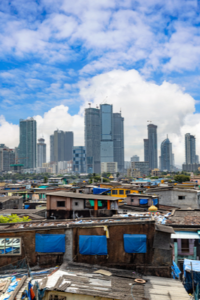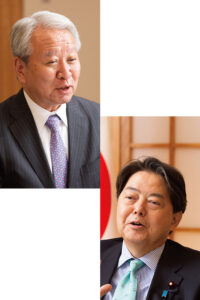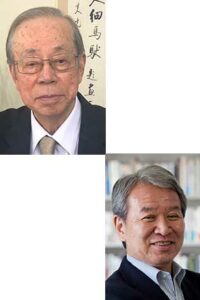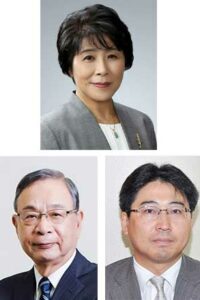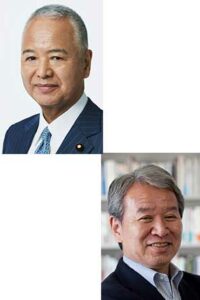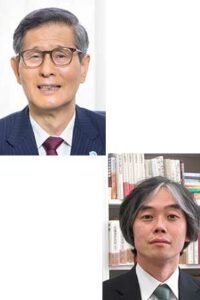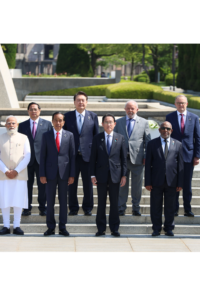
With the inauguration of the second Donald Trump administration, there are concerns about “vacuums,” especially those in security frameworks and economic order, which will increase the risks. How will the regional powers of the Indo-Pacific, that is, the Global South, try to change the international order with their own hands? And how can Japan cooperate with them? Ishii Masafumi (Special Adjunct Professor, Gakushuin University), Ito Toru (Professor, National Defense Academy), Oba Mie (Professor, Kanagawa University) —— The second Trump administration has shown great interest in China, Ukraine, the situation in Gaza, and other areas. But it hasn’t announced much about the Indo-Pacific. Ishii Masafumi: With the exception of India, the Trump administration has not paid much attention to the Indo-Pacific region The decline in America’s desire to engage abroad began with President Obama’s statement in 2013 that “America is not the world’s policeman,” a ... ... [Read more]

